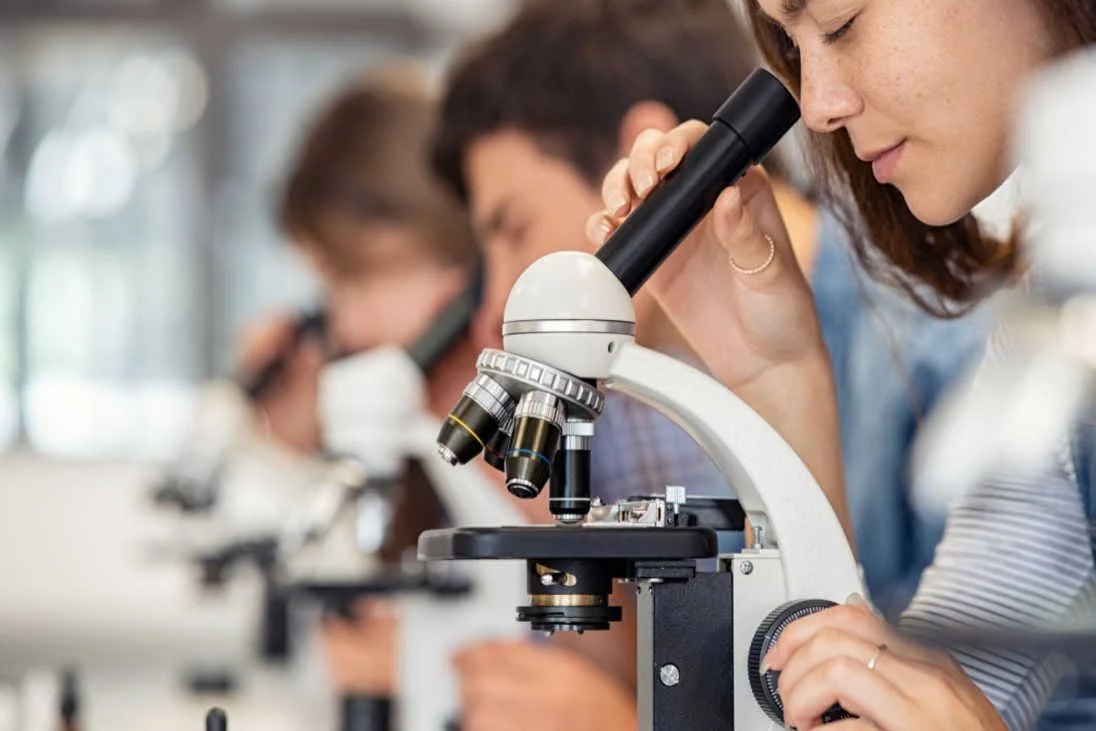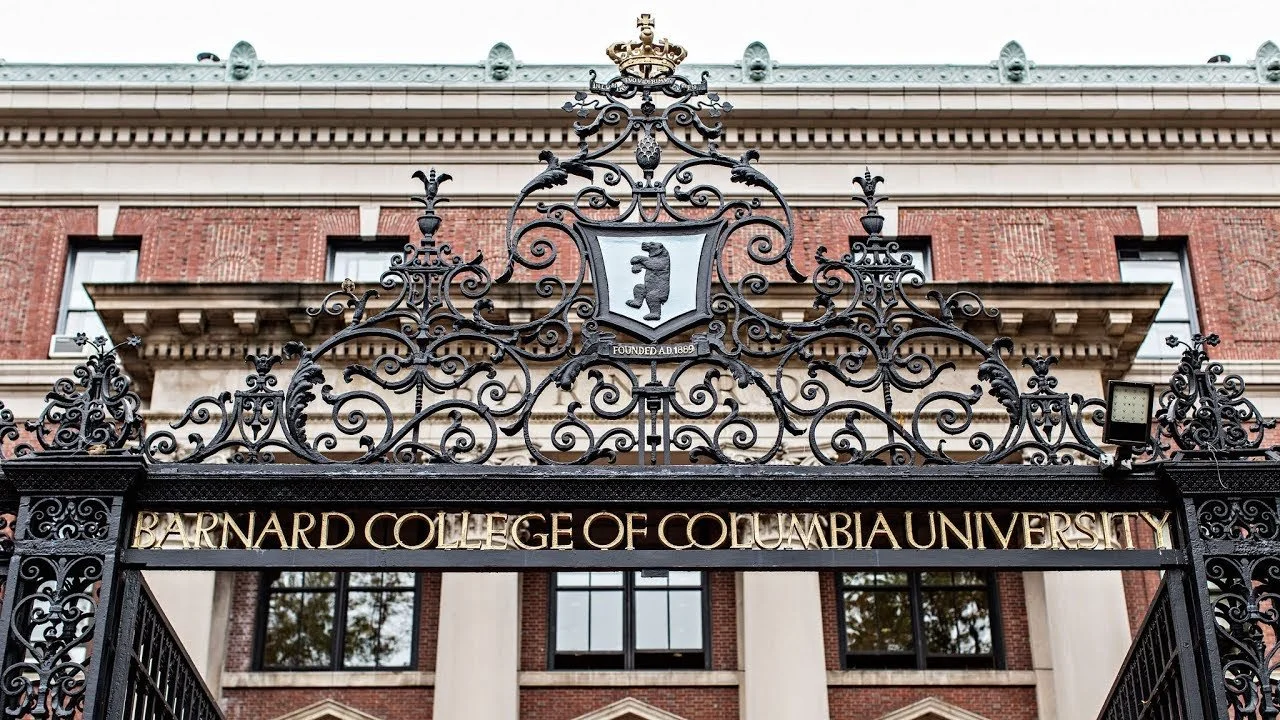Getting Behind STEM Diversity in a Big Way: A Quiet Foundation With Deep Pockets
/photo: Andrey_Popov/shutterstock
The Bethesda, Maryland-based A. James & Alice B. Clark Foundation recently made headlines by giving the University of Maryland over $200 million to expand scholarships, endow new faculty positions, and make other investments in buildings and programs at the state flagship in College Park.
It's the biggest gift in the school's history, and by speaking to the ever-growing role of private funders in propping up beleaguered state schools, it warrants a separate post. Stay tuned for that.
But lost in the hoopla surrounding the gift is the fact that the foundation, named after the late D.C.-based engineer, businessman, and philanthropist A. James Clark and his wife Alice, is quietly emerging as one of higher ed's most deep-pocketed funders in the field of STEM diversity.
Recent news finds the foundation subtly expanding its footprint beyond the Mid-Atlantic region, up Interstate I-95 and past the Walt Whitman Service Area, to Hoboken, New Jersey, where it gave Stevens Institute of Technology a $15 million endowment to establish the A. James Clark Scholars Program.
It is the largest endowed scholarship gift in the school's history and will provide "financial support and enhanced learning opportunities for exceptional undergraduate students who are underrepresented in the engineering field."
This is the second gift to Stevens from the Clark family. Soon after Stevens President Nariman Farvardin was appointed president in 2011, Clark, who passed away in 2015, established the Nariman Farvardin Endowed Chair in Civil Engineering with a $2 million gift.
The Clark Scholars Program, meanwhile, is the foundation’s signature academic initiative, combining engineering, business, leadership and community service. If it sounds familiar, it's because Virginia Tech recently launched its own iteration thanks to a $15 million gift from the foundation.
The program is intriguing on multiple levels. First off, its goal—to provide African American, Latino, Native American and female students with full tuition and a "holistic approach" to engineering education—uniformly resonates across the higher education field. And while everyone agrees STEM diversity is critical, the jury is out on the operational details, which makes the Clark program doubly important.
The core curriculum, which reflects Clark's values in business and in service to his community, includes a minimum of two business or finance courses, participation in community and service-based learning projects, enrichment seminars, mentorship opportunities, and events with professionals in the field. It compels students to turn off the computer, put down the Red Bull, and put on the hard hat.
Rather than roll out a program from scratch, the foundation is providing schools with something akin to a STEM diversity franchising opportunity. In addition to Virgina Tech and GW, other Clark Scholars institutions include the Johns Hopkins University, the University of Maryland, University of Pennsylvania, University of Virginia, and Vanderbilt University.
(You'll note that except for the Tennessee-based Vanderbilt University, all of these Clark Program schools reside within the Mid-Atlantic region or near the I-95 corridor—no surprise, given the fact that D.C. was the nexus point of Clark's construction empire.)
Lastly, the gift suggests that despite recent coverage around ubiquitous higher ed "mega-gifts," the Clark Foundation complements own mega-gifts—see the University of Maryland—with the idea that "a little" can also go a long way. Rather than cut a massive $100 million check to a single institution, the Clark Scholars Program spreads $15 million across multiple schools.
Bottom line? The Clark Scholars Program is a nimble and exportable model to help universities quickly ramp up their engineering diversity efforts. The only prerequisite, here, is that schools have a strong engineering foundation and a commitment to diversify its ranks. This should encourage candidate schools within the foundation's traditional orbit of giving.
But the gift to Stevens may also be a harbinger of things to come. Given the inherent exportability of the Clark Scholars program, don't be surprised if Clark's heirs further expand its giving radius beyond the Beltway in the near future.







































